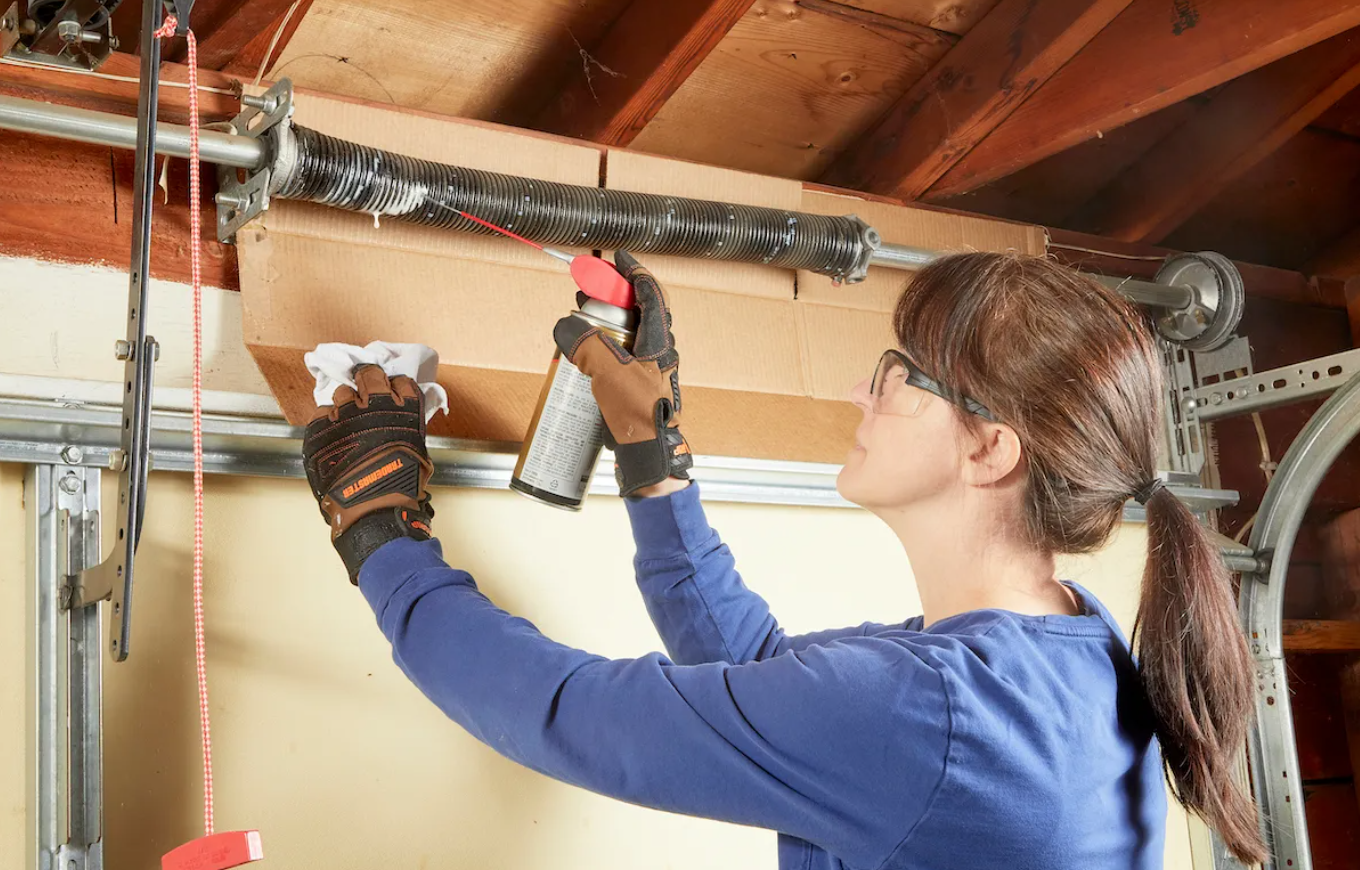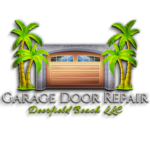
Solving the Mystery of Your Noisy Garage Door
A noisy garage door can be more than just an irritation—it’s often a warning sign of underlying problems that need attention. The creaks, rattles, and groans may seem puzzling at first, but tackling them promptly can restore peace to your home while extending the life and efficiency of your garage door.
This guide will uncover the common causes of garage door noise, offer practical DIY solutions, and explain when it’s best to call in a professional for a noisy garage door fix.
Why Is Your Garage Door Noisy?
Garage door noises don’t happen overnight. They’re usually caused by specific issues that develop over time. Here are the most common culprits:
Loose Hardware
Daily wear and tear can loosen nuts, bolts, and other hardware, resulting in vibrations and clanking sounds.
Worn-Out Rollers
Rollers ensure the smooth, quiet operation of your garage door. Over time, they can wear out, misalign, or get damaged, leading to grinding or dragging noises.
Lack of Lubrication
Hinges, tracks, and rollers need regular lubrication to function properly. Without it, friction builds up, causing squeaks and grinding sounds.
Other Potential Problems
Issues like tension spring imbalances, debris in the tracks, or rollers slipping off their tracks can also cause unwanted noise. Diagnosing the exact source is essential for a lasting solution.
DIY Fixes for a Noisy Garage Door
If your garage door is noisier than usual, try these simple do-it-yourself solutions to resolve the problem:
1. Tighten Loose Hardware
Using a wrench or socket set, tighten all screws, nuts, and bolts on and around the tracks. Be careful not to overtighten, as this could damage components.
2. Lubricate Moving Parts
Apply a garage door-specific lubricant to hinges, rollers, tracks, and springs. Avoid using general-purpose products like WD-40, as they aren’t designed for garage doors. Proper lubrication reduces friction, improves movement, and minimizes wear.
3. Inspect and Replace Rollers
Check your rollers for wear, cracks, or misalignment. If they’re damaged, consider replacing them with nylon rollers, which are quieter and more durable than metal ones. This simple upgrade can significantly reduce noise levels.
When to Call a Professional
Sometimes, DIY efforts aren’t enough to silence a noisy garage door. Here’s when it’s time to call in an expert:
Signs You Need Professional Help
- Noise persists despite DIY solutions
- Visible damage to critical components like springs, cables, or tracks
- Operational issues, such as uneven movement or a door that frequently gets stuck
Why Hire a Professional?
Garage door professionals have the tools and expertise to safely address complex issues. They can accurately diagnose the problem, perform proper repairs, and extend the overall lifespan of your garage door. Hiring a professional ensures your door operates smoothly and efficiently without risking further damage.
Preventing Future Garage Door Noise
Keeping your garage door quiet and functional requires regular care. Here are some maintenance tips to prevent future problems:
1. Inspect Regularly
Examine all moving parts monthly for signs of wear, looseness, or damage. Addressing small issues early can save you from costly repairs later.
2. Lubricate Routinely
Lubricate hinges, rollers, and tracks every three months to minimize friction and ensure smooth operation.
3. Schedule Professional Tune-Ups
Invest in an annual maintenance check with a professional, such as Garage Door Repair Deerfield Beach, to keep your system in peak condition
